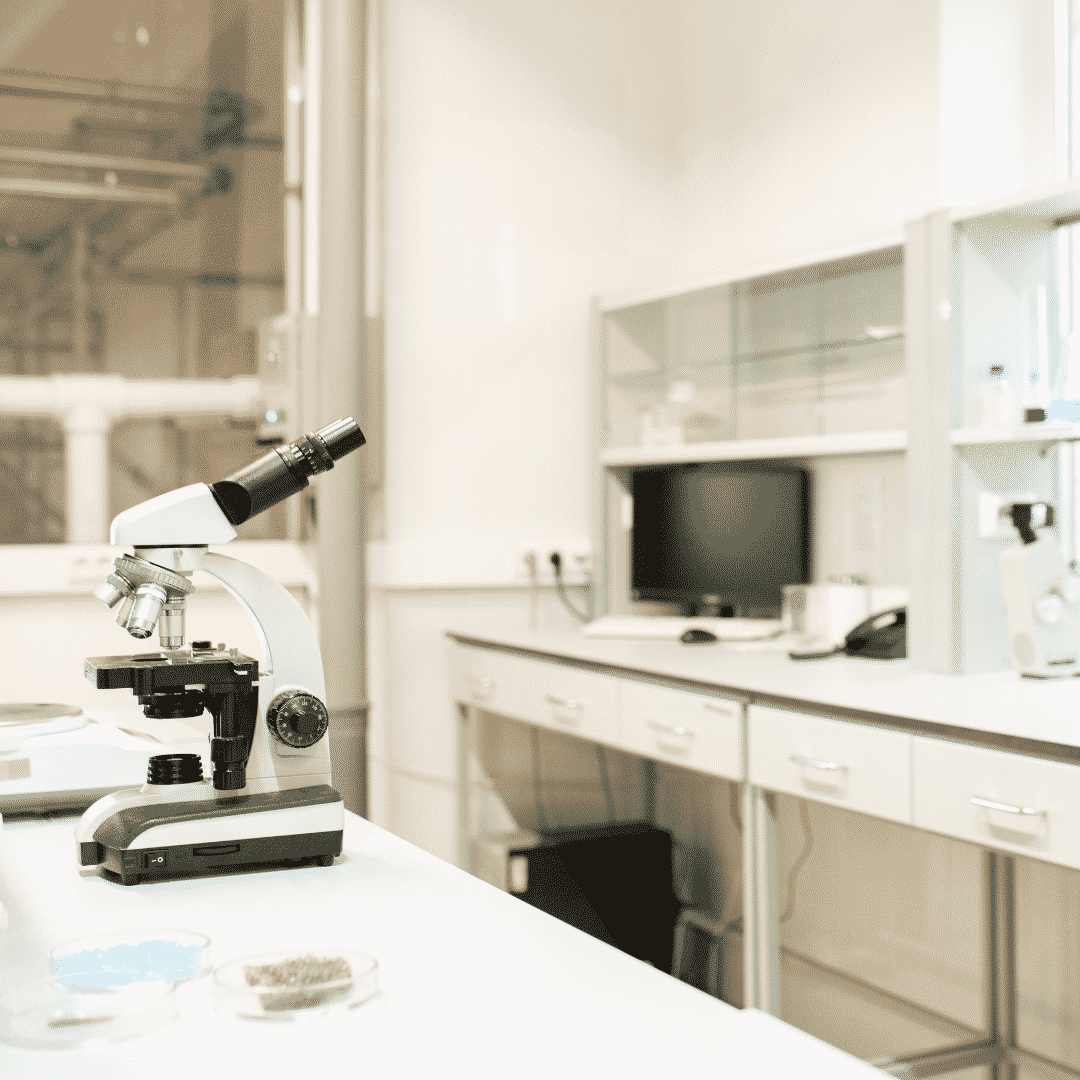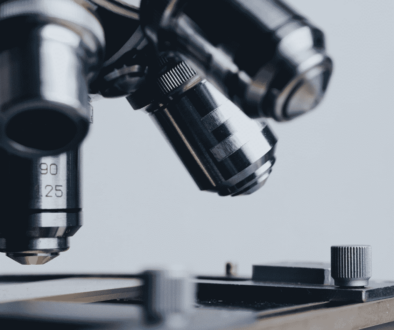Start a lab - Everything you need to know

To have a successful lab, you need a unique business idea. Too often, people try to copy what others are doing, which just doesn’t work in the lab. If you want to be successful, you have to develop something new and innovative. Setting up your own lab is a great way to do this – you have the freedom to pursue and implement your own ideas. So don’t be afraid to think outside the box – there’s no telling what kind of success you can achieve if you do.
Starting a lab: Important factors and considerations
How do you set up a lab? Creating a research lab from scratch can be daunting, but with careful planning, it can be a doable task. One of the challenges is the cost, as setting up a lab with the appropriate technology can quickly run into six figures. However, there are many ways to reduce this expense. For example, many scientific equipment manufacturers offer academic discounts, and some universities have shared lab facilities that can be rented at discounted rates.
Once you have secured funding for your lab, the next step is to determine its purpose and design. What type of research will be conducted in the lab? What equipment will be needed to support that research? Will the lab be used for teaching or training purposes? These are important questions to answer before you begin purchasing equipment or hiring staff. Items such as permits for start-up and the high-security requirements for the lab’s premises should also be considered.
Start a lab: Important requirements
There are many different types of laboratories, and the specific requirements for starting an independent laboratory depend on the focus or industry. For example, a laboratory in the medical field may require expensive and specialized equipment and sufficient space to house it. In contrast, a lab specializing in environmental testing may need to be located near an industrial area to access testing facilities. Before starting an independent laboratory, it is important to research the specific requirements and regulations for your industry.
- Safety regulations
- Occupational safety regulations
- Legal framework conditions
- Premises: if necessary, change of use or necessary conversion measures
- Initial investment should not be underestimated, especially when working with chemicals!
Registration of the laboratory as a company
Before the laboratory starts its operation, there are many things to consider. As a rule, a trade must be registered. This can be done at the chamber of commerce or, depending on the country, at another authority. Tax registration with the tax office must also be carried out. The lab must have a business account, and it is important to choose the right insurancecompany. To get started, a business plan is essential. This document should outline the goals and objectives of the laboratory and how it will achieve those goals.
Setting up a medical laboratory requires detailed planning and can be costly. The most important factor is to ensure that the laboratory is properly set up and equipped to meet the specific requirements of the tests to be performed. In many cases, approval must be obtained from the appropriate regulatory agency before work can begin in a new laboratory.

Reasons for starting your own laboratory
The need for professional laboratory services is huge – and not just in the human medicine segment. Laboratories can provide many companies with quality assurance and testing that can help ensure products are safe and meet customer requirements. Laboratories can also be used for research and development purposes to create new products or improve existing ones. In addition, labs can be used for product manufacturing, quality control, and other support services. With your own lab, you have all the resources you need to run your business efficiently and effectively.
Business plan: How to start your own laboratory?
If you are planning to start a laboratory, it is important to prepare a business plan. The plan should include an overview of the lab, its services, and profitability plans. A well-written business plan will help secure funding from investors or financial institutions. It will also help the lab owner stay on track and ensure that the lab runs efficiently. The business plan should include information about the target market for the lab’s services as well as its competition. It should also outline the marketing and advertising strategy that will be used to attract customers.
Is there funding available to start a lab?
Even if the lab is relatively small, the initial investment can be substantial. In most cases, the founder will not be able to finance the entire project with equity. Therefore, additional sources of funding are required.
One option is a bank loan. This type of loan is particularly advantageous for larger projects, as it allows for a longer repayment period. Interest rates are also usually lower than those offered by credit card companies or other private lenders. However, not all banks are willing to finance labs, so it’s important to shop around for the best deal. Another option is crowdfunding. This involves asking a large number of people for donations via the Internet.
But funding is also a possibility. Aspiring lab operators are best off doing an individual grant check. For example, there are grants that the EU provides specifically for startups.
Start your own lab: Starting with the right equipment

Setting yourself up for the future right from the start is the art of founding a laboratory. Digitization is on the rise in all areas of our lives. And now, at the latest, it has also reached the laboratory. What has long been underway in the industry with “Industry 4.0” is now about to be implemented in the laboratory. The processes in the classic laboratory, in which data is recorded manually, data is stored in inaccessible data tombs, and those external to the laboratory are supplied with files, calls, or even faxes, are coming to an end. The objective of this change to digitalization is “Lab 4.0”.
If you want to set yourself up right from the start as a lab owner, you should make sure that all systems and equipment are designed for digital collaboration, which starts with networking. All samples should have a direct link to digital data through machine-readable identification. This is possible via barcodes, RFID tags, or similar identification methods associated with the sample. The laboratory equipment must be networked so that analysis values can be retrieved automatically and without detours from a LIMS.
A laboratory information management system supports laboratory operations concerning the administrative and coordinative tasks of sample processing and sample management. But it also simplifies the acquisition and evaluation of determining measurement data/analysis data. A LIMS is, therefore, a solution that enables laboratories to organize their processes efficiently and clearly. Companies benefit in that the daily manual effort for classic processes is significantly reduced, and the management of data is made easier.
Conclusion: Think about tomorrow when founding a laboratory
When setting up a laboratory, it is important to think about the future. What will you use the lab for tomorrow? What experiments do you need to perform? What equipment will you need? By planning ahead, you can ensure that your lab is set up for success. You can also save time and money by planning ahead and considering factors such as choosing a flexible and cost-effective LIMS software early on.


